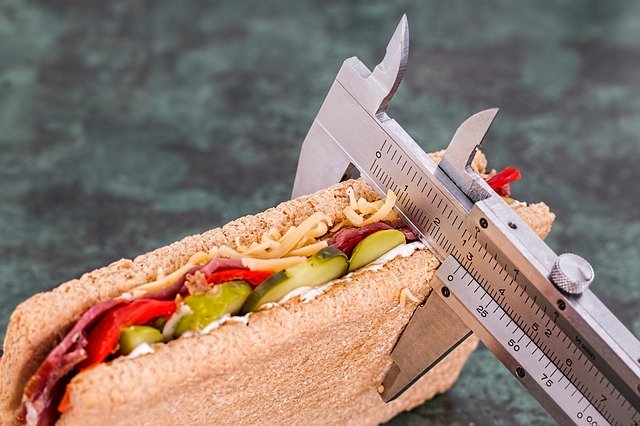Setting Goals and Rewards In The Pursuit for Weight Gain

Let’s talk about one very important area when it comes to gaining weight, and that is goal setting. If you’ve ever met anyone who was trying to lose weight, you know that the ones who are most successful are the ones who have a set goal in mind. The others typically give up as soon as their motivation runs out, which could be a day or a week or even a couple of months.
Setting Goals and Rewards In The Pursuit for Weight Gain
The same thing is true when you’re trying to gain weight. What you want to be doing is to start thinking about your long-term goal. Be specific about what you want to achieve for yourself at the end of this journey. Don’t be saying “I want to gain weight until I’m happy with what I see in the mirror” or “I need to put on enough weight to help me bulk up”. None of those statements are going to help you because they are subjective, meaning they are open to interpretation and are changed by perception. You need something concrete; you need a number. And you need to write down that number so you won’t be able to lie to yourself about your goal and so you can remind yourself of what you’re working towards.
Besides setting a long-term goal, you should also set several smaller goals for yourself as well. Motivation experts have found that long-term goals alone just aren’t effective, because the pay off for the the work you are doing now seems so distant. Smaller goals give you quicker senses of accomplishment and keep pushing you forward towards your long-term ambition. Your short-term goals should be just as specific, but you may want to start with a goal such as “I want to gain X amount of pounds this week”, then “I want to gain X amount of pounds this month”, and so on and so forth. Make sure you’re being realistic when you set these goals. Too high or too low expectations won’t help you make progress.

The same type of goals can be set for caloric intake when trying to gain weight. If your daily maintenance level is 2000 calories, then it can be something as specific as “I want to consume 2500 calories per day”. By increasing the calories in small increments, eating more to pack on the pounds won’t feel like such a chore, because your body will get used to eating more. By setting goals like this, you will know how much you need to eat and you can stick to it, and it will enable you to keep a weight gain food log for tracking your daily caloric intake, as it will vary from meal to meal.
Also, remember that each time you meet a goal, you should have a set reward for yourself in mind. In the pursuit for weight gain it is ok to make that reward food related. This could mean having a “cheat meal” once every week, which allows you to enjoy your favorite foods that may not be as healthy, however, in limited quantities, it’s not going to have an effect in reaching your weight gain goals. Just remember, you are required to eat “clean” healthy foods the majority of the time if you expect to see good results.



